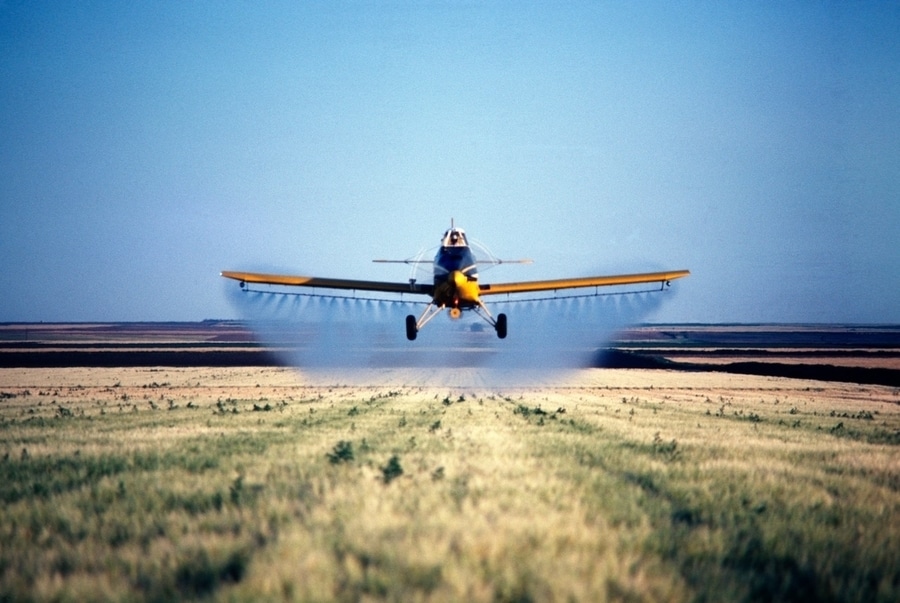
#Industry News
Climate change: Basalt dust can cripple you for good
Climate change: Basalt dust can cripple you for good
Climate change is one of the main challenges we face today. Fortunately, basalt rock dust has proven to be an effective solution to mitigate the effects of climate change. In this article we will explore how basalt rock dust helps alleviate global warming and what can be done to maximize its benefits.
1. What is basalt rock dust?
Basalt rock dust is a natural product resulting from the erosion process suffered by volcanic rock called basalt. This rock is formed when magmas of volcanic origin cool and solidify, and it is usually very hard and resistant to atmospheric agents. Basalt rock dust is the result of the fragmentation of this rock due to the natural wear and tear it undergoes when exposed to air, rain, wind and other natural factors that contribute to its decomposition. These particles can become as fine as dust, making it ideal for use as a natural form of fertilization.
2. Advantages of using basalt rock powder.
The use of basalt rock dust as fertilizer offers numerous advantages to improve the performance of agricultural soils. This substance contains a large amount of minerals and trace elements that give soil nutritive properties, helping to improve its fertility, its ability to retain water and its structural properties. In addition, basalt rock dust also contributes to improving soil quality by reducing acidity, thus helping to maintain optimal levels for plant nutrient uptake. This helps improve crop growth and production, as well as helping to preserve the biodiversity of the ecosystem.
3. How basalt rock dust helps mitigate climate change.
The use of basalt rock dust as fertilizer can help mitigate the negative effects of climate change by promoting healthy growth and development of agricultural crops. By improving soil fertility and water retention, the risk of drought or flooding is reduced, allowing for higher yields and agricultural production without the need to resort to industrial practices that are harmful to the environment. In addition, increasing biodiversity in agricultural fields reduces the need for harmful chemicals such as pesticides or synthetic fertilizers, thereby helping to minimize the pollution generated by these substances.
4. How basalt rock dust can solve soil degradation.
Organic fertilizers such as basalt rock dust are vital to prevent and solve soil erosion and desertification. Healthy, nutrient-rich soil directly contributes to the healthy growth and development of agricultural plants, thus allowing for higher yields and production without the need to resort to excessive or unnecessary use of synthetic chemicals. In addition, by improving the physical properties of the soil, such as its ability to retain water, common problems such as landslides or erosion caused by storms or flash floods are prevented.
5. Conclusions on the use of basalt rock dust to mitigate climate change.
In conclusion, it is evident that the use of basalt rock dust as fertilizer offers numerous advantages to mitigate the negative effects of climate change, by improving soil quality and promoting healthy and sustainable growth in agricultural fields without resorting to excessive use. or unnecessary synthetic chemicals harmful to the environment. Basaltic dust contributes directly to preserving natural ecosystems by improving soil conditions without compromising water quality or generating toxic waste or hazardous materials. Therefore, the responsible use of basaltic dust as fertilizer is highly recommended to improve current environmental conditions and minimize the negative effects caused by global climate change.
Basalt rock dust is an effective solution to mitigate climate change. Its use as a protective cover on the soil surface increases carbon storage capacity, reduces evaporation and improves water retention in the soil. These characteristics are key to reducing the negative impacts of climate change and improving the environment. Mass adoption of this technique can help reduce greenhouse gas emissions and contribute to a healthier future for our planet.





